
A core Buddhist teaching is that of “no self”. It suggests that while we may feel like we have a fixed persistent self, or soul - this is not actually true - we don’t have one.
read more
A core Buddhist teaching is that of “no self”. It suggests that while we may feel like we have a fixed persistent self, or soul - this is not actually true - we don’t have one.
read more
I’d like to share a slightly different topic from usual, based on lived experience over the last decade.
It is a fact of life that not all parents stay together. And following on from that, people begin relationships with people who have children from previous relationships.
read more
Some while ago, in Buddhism and Direct Pointing, I touched on the Buddhist Ten Fetters teaching, that has proven itself to be both profound and life-changing for many in recent times. The Odoki Method, draws heavily on this, while adding supporting practices to make inquiry into the Ten Fetters even more impactful.
read more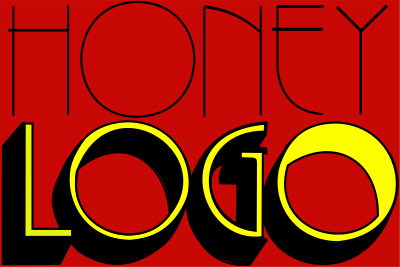
In the 1980s, as a teenager, I developed a Logo implementation for the BBC Micro, which was widely used in UK schools.
read more
The Odoki Method draws on the Buddhist Ten Fetters teaching. In the Odoki Method, the Stage 4 inquiry tackles “reactivity”, particularly how to fundamentally undermine our ability to react. This is drawn from the insights in Ten Fetters of the fourth and fifth fetters of desire and ill will.
read more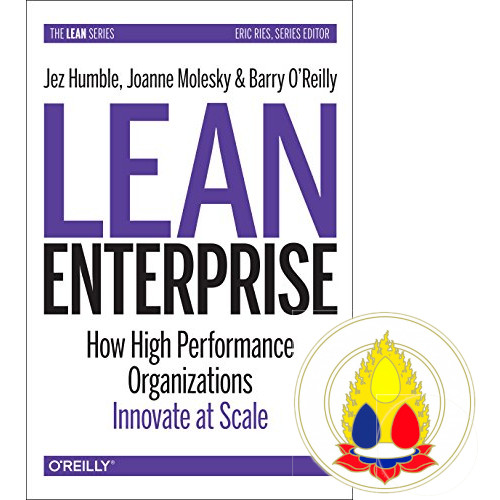
This post is most likely of interest to those who are already familiar with the Triratna Buddhist movement, and have witnessed the arrival of Liberation Unleashed and the Ten Fetters community.
read more
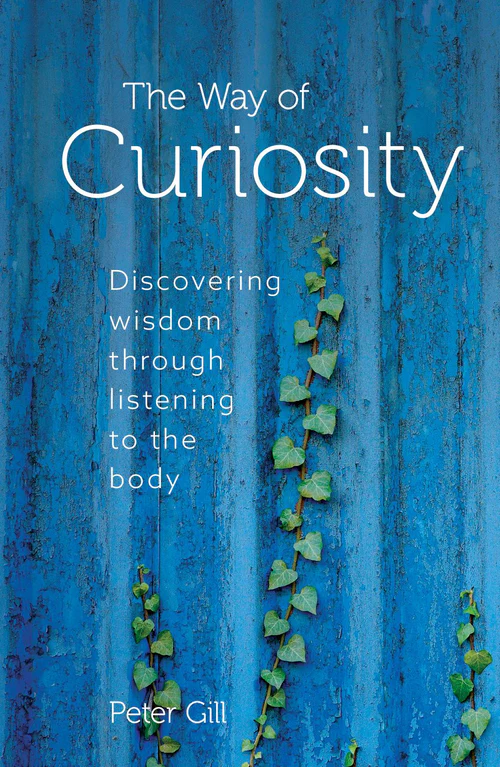
In my previous post, I mentioned how I have been enjoying using the “felt sense” in my guiding work with clients. This was never specifically intended to be a part of the Odoki Method - it just turned out to be extremely useful in the preparation stages of the Method.
read more
Over the last month or so particularly, working with between 15 and 20 people each week, doing inquiry work with them, I have been struck by the value of the “felt sense”.
read more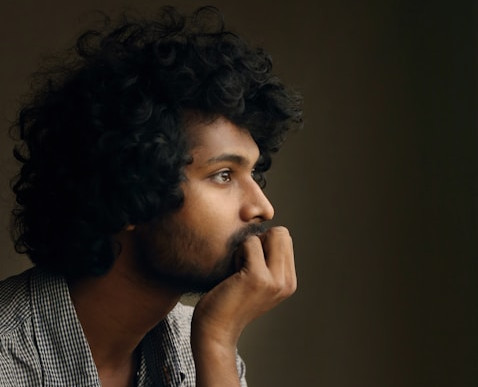
As we develop and clarify the Odoki Method, one term that has become clearer is “inquiry” - describing a practice that an individual undertakes to discover more about themselves and bring about meaningful change.
read more
In my last post, I noted how I was changing gear, and planning on focusing on the Odoki Method. In this post, I want to mention progress so far, which is kind of hard to believe.
read more
At the end of August I marked a significant life change. For a long time, I’ve been exploring the topics discussed in this blog part time, alongside working full time as a software engineer. Beginning last week, I’m now free to focus full time on exploring the connection between Buddhist inquiry and awakening practices and neuroscientific theories such as predictive processing.
read more
In 2001, I became a parent. I was already a Buddhist and a meditator. But I didn’t understand how to integrate meditation into my daily life as a parent.
read more
In both of my previous posts (TEAM CBT and Yan Shou Gong), I’ve mentioned “testing”.
Testing is also an extremely important discipline in software engineering. When making changes to software, we want to know, as quickly as possible, whether our change has had the desired effect. Software engineers put a lot of effort into minimising the amount of time before they receive meaningful feedback. We can call this shortening the feedback loop.
read more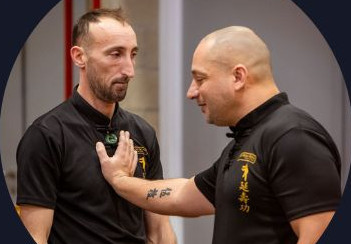
Since my teens, I have had an interest in the Martial Arts, and practiced Nanbudo for a few years back then. More recently, I took up Kung Fu. However, it was the internal aspect of Kung Fu that particularly interested me, and this was hard to pin down.
read more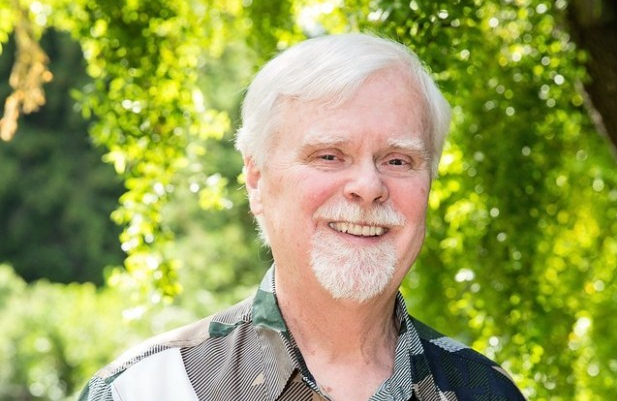
Time for something of a flurry of backlogged posts. Here goes with the first…
I have for some time been aware of the possibility of rapid change within humans. That dysfunctional traits can unravel in moments: if prediction error events cause the brain to restructure its predictions, almost instantly, then this can be used as a valuable therapeutic tool.
read more
In Prediction Error Minimisation theory, a key reason for the brain to work hard to avoid a prediction error, is because a prediction error is costly. It has a metabolic cost - the brain has to provide the energy required to reorganise itself to accommodate the newly perceived information.
read more
After reading about Prediction Error Minimisation in Lisa Feldman Barrett’s How Emotions are Made, I have been finding it explains more and more, and have been using it effectively in a range of therapeutic scenarios. After sharing my take on PEM, I know it is also being used in therapeutic contexts around pain and sleep disturbance.
read more
In February, I wrote about AI and inquiry.
I didn’t write about another conversation I had with ChatGPT:
Around the same time, I asked it “What is the connection between PEM and emotions. It gave me a reasonable answer, and spoke sensibly about the work of Lisa Feldman Barrett. However, when I asked it about the connection between PEM and awakening, it said “there isn’t one”. Hah, okay.
read more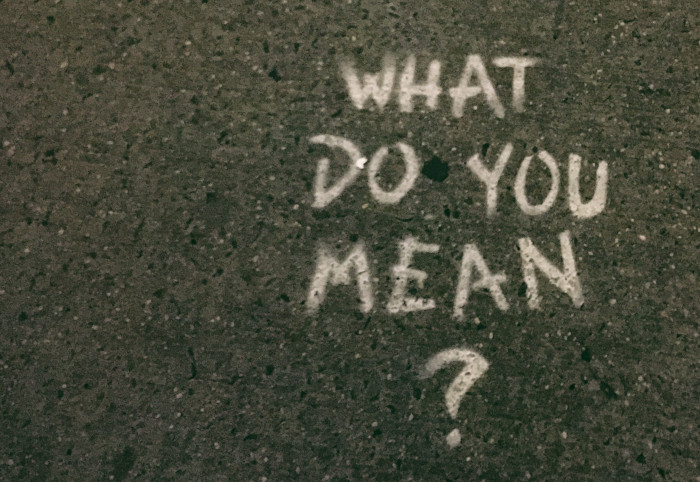
When we experience something unpleasant, it is common to ask ourselves why this is happening. Many forms of counselling ask this question.
read more
This week I’ve been visiting my parents. I decided to attend a local Kung Fu class (I’ve been learning Kung Fu myself for the last couple of years).
read more
Whilst I have been having great success with the exercises that I referenced in my previous post, there is one context in which this approach does not appear to work.
read more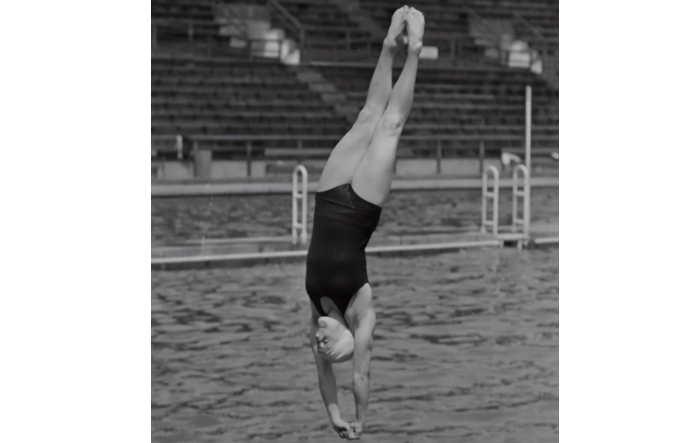
I have just uploaded some new content to the Odoki Method site. This content details some of the exercises I’ve been using with clients. I continue to be surprised with how well these exercises work. A common refrain I hear is, “I have never seen it that way before”.
read more
My approach to meditation has always had a flavour if inquiry about it. However, discovering Liberation Unleashed (LU) showed me a more concrete and deliberate approach to inquiry.
read more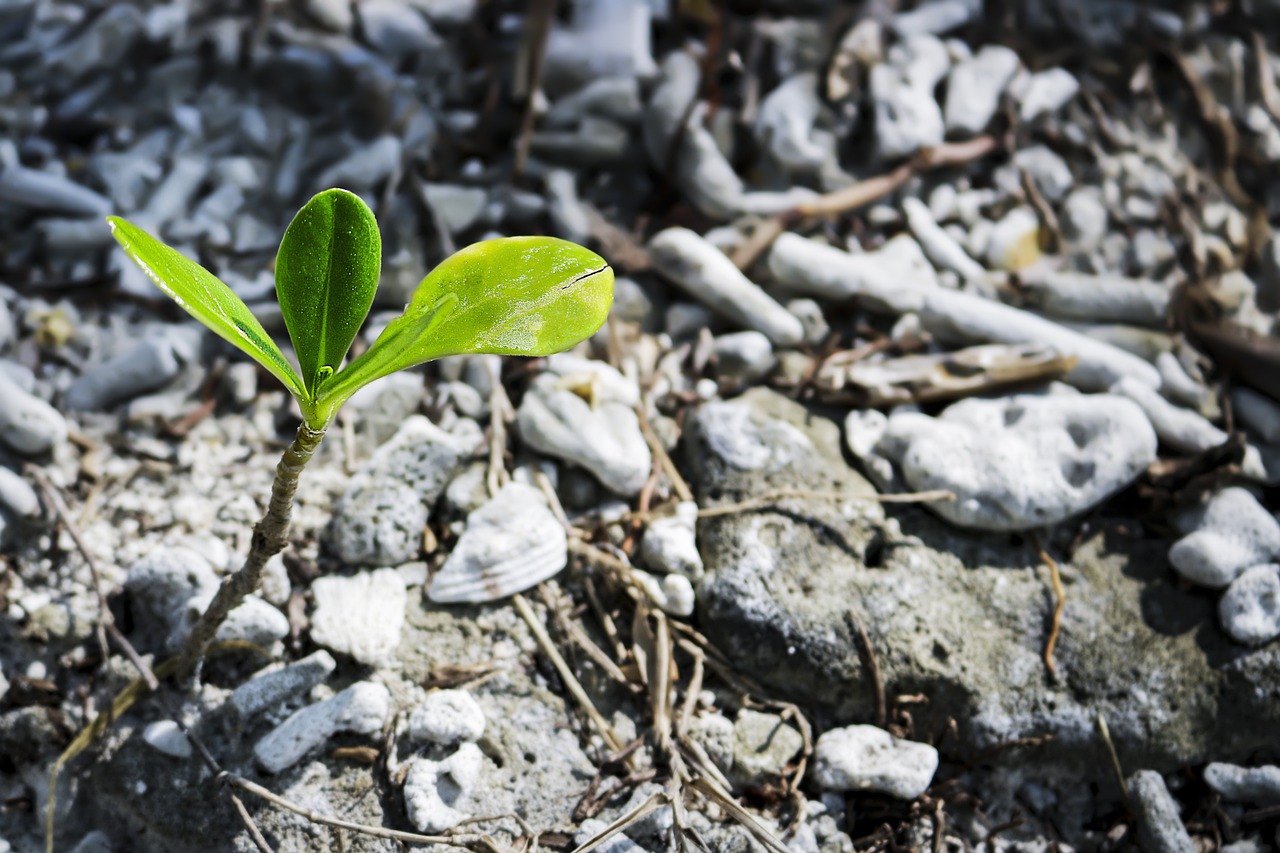
Over the last decade, I have been exposed to, and benefitted from some substantial, even life changing practices. A natural response to this is to want to share it with others, as many people in my position go on to do.
read more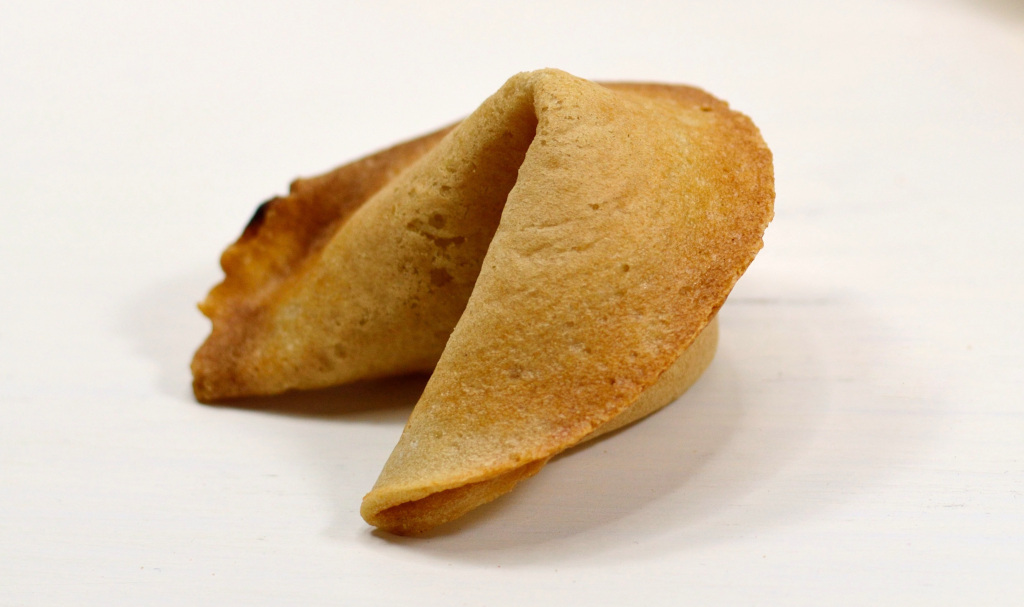
In the summer of 2021, I read my way through How Emotions are Made, by Lisa Feldman Barrett. It was something of a shock to my system. The ideas presented there were startling in their clarity, but surprisingly, startling in their similarity to what I had witnessed in terms of practices aimed at Awakening.
read more
This article was originally written in December 2020 and shared with colleagues at Grafana Labs. It arose from the common and deep experience of Imposter Syndrome that arises when we find ourselves working with many brilliant people. It was written with the assumption that all readers would be colleagues at Grafana Labs, which made it unsuitable for a global readership.
read more
What is wellbeing? Wellbeing is subjective, so kinda hard to define. At the same time we all know what it means to feel well. At least, we may well know what it feels to be well by its absence.
read more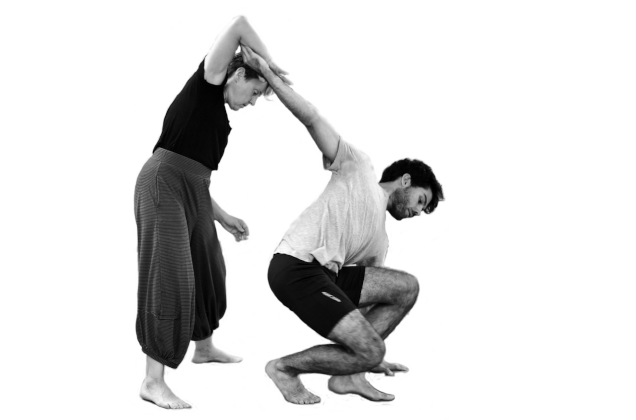
Contact Improvisation is a dance form that was developed in 1972 by Steve Paxton. He and his associates wanted to develop a form of dance that was in physical contact, yet improvised. Drawing inspiration from a range of sources, they originated ‘Contact’ - which is still going strong.
read more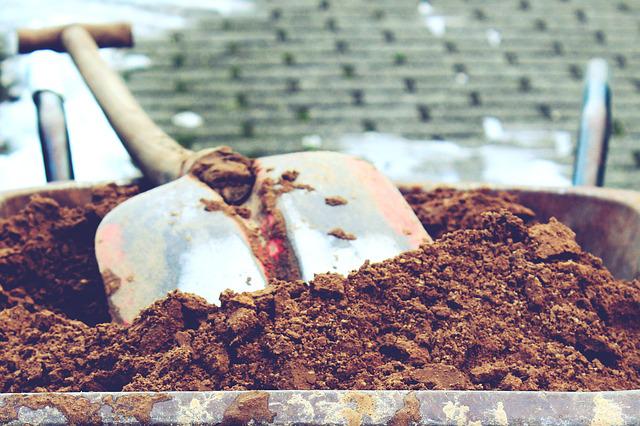
Over the last four months, I have developed the materials at https://odoki.com and I have led two concurrent cohorts through the first course. This has at least validated the materials at the simplest level: do they work at all, for at least some candidates?
read more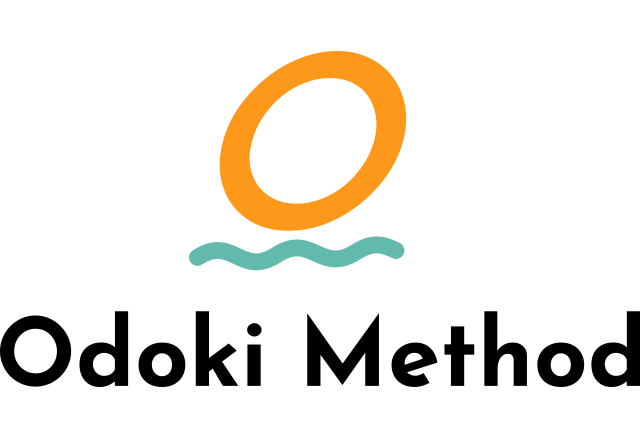
In my last post, I shared my fundamental question:
Why can some see these benefits, while others struggle, while yet others don’t even try because they don’t believe it is possible.
read more

So far, I have been referring to “Fundamental Wellbeing”. This has otherwise been referred to as “Awakening”, “Enlightenment” and many more terms.
read more
Reflecting on “what is this blog about”, or “what is my fundamental question”, I formulated it thus:
Over the last decade particularly, I have witnessed people (myself included) learning practices and inquiries that have brought about fundamental changes to their lives: the disappearance of a judgmental inner monologue, anxiety ceasing to be a problem, death ceasing being a thing to fear, a deep sense of spaciousness and peace, and similar substantial changes.
read more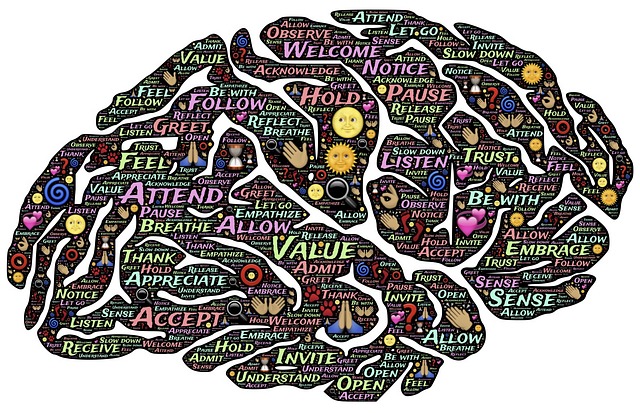
To start with: I’m no neuroscientist.
However, even though I’ve only started reading around the topic recently, I have been startled by the degree to which there is overlap between the research of modern neuroscientists and lessons from inquiry around Fundamental Wellbeing.
read more
Once upon a time, there was a young man. His name was Siddhartha. He had a privileged upbringing, but wasn’t satisfied with life. Eventually, he left home in the middle of the night to find answers. He sought teachers who might know. He was taught meditation. He practiced asceticism (punishing the flesh to free the mind), but neither worked. Eventually, he decided enough was enough, and sat down under a tree to meditate.
read more

Continuing on the theme of describing methods for approaching Fundamental Wellbeing, the second I wish to mention is the Sedona Method, by Lester Levenson in the 1950s.
read more
Before I talk about a few different approaches that can help people approach Fundamental Wellbeing, I want to explore why I am writing this blog.
read more
Fundamental Wellbeing doesn’t, as such, make us happy. That, in itself, is an impossible aim. Guaranteed happiness isn’t something we can achieve. However, when we transition into fundamental wellbeing, we do start a process of unravelling the things that make us unhappy. I think we can say: we increase the chance of us being happy, and we likely increase the percentage of the time that we are happy.
read more
Let me tell a short imaginal story. An unborn child is in her mother’s womb. She is warm, she hears a regular, reassuring heart beat, hears her mother’s voice. All is well.
read more
How about if there was a form of wellbeing that persisted over time, that quietened the noisy inner judge?
The truth is that religions have known about this for millennia. They have given it various names: Enlightenment, Peace that Passeth all Understanding, Non-duality, God-consciousness.
read moreReceive updates when I have something meaningful to share.